X Japan's Yoshiki: the 10 records that changed my life
Classically trained multi-instrumentalist on the albums that rocked his world
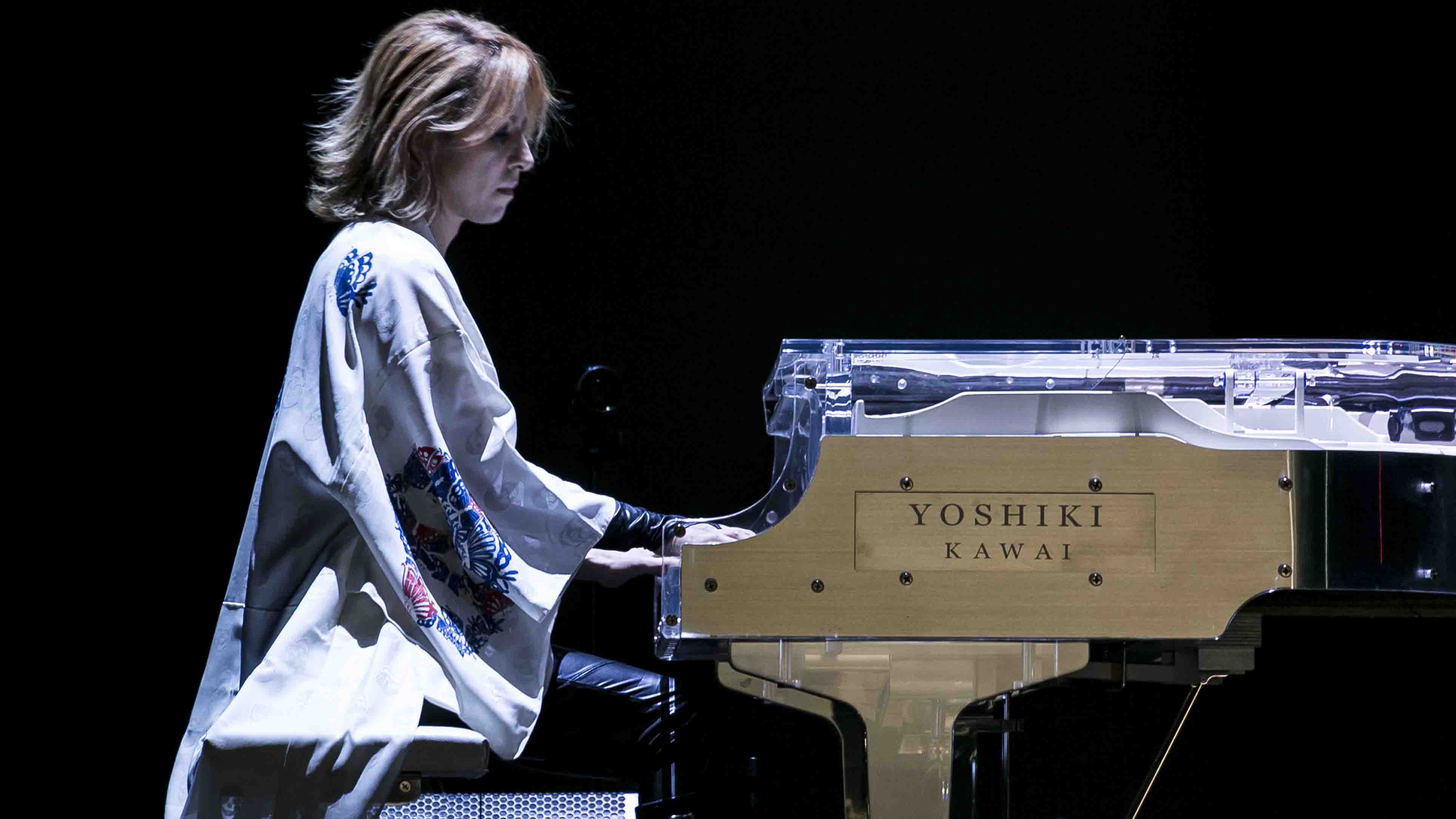
We Are X
Despite being sat on the top floor in one of London’s most affluent hotels, flown over for a premiere of documentary film We Are X – as well as headlining Wembley Arena – he’s immeasurably humble. This is definitely a rockstar with his feet on the ground…
“Heavy music began in the west,” he continues. “We took a lot of influence from there and tried to combine it with our influences from the east. Me and our singer Toshi started this band a long time ago in 1982, and it was always our dream to go overseas.
“I will continue for our deceased members [guitarist] Hide and [bassist] Taiji – they both had a strong ambition to see the world and all I want to do is keep their dream alive and celebrate their legacy. I want them to become even more famous, because they were such amazing musicians…”
“But back then, the walls were much higher for a group like us to break outside of Japan and into the world market. But those walls have come down or gotten lower thanks to the internet – people can listen to pretty much anything from anywhere. There’s also been a change in our mentalities; people have become more versatile in their tastes.”
Made in Japan
Now comfortable headlining venues like Tokyo Dome or Madison Square Garden, the symphonic metallers have not only managed to break out of one of the world’s most self-contained music scenes, they’ve also thrived in doing so.
Part of X Japan’s success Yoshiki attributes to the unusually orthodox methods he utilises to create. In fact, when he’s in writing mode, the fewer instruments around him, the better…
I write every single instrument to the score! I don’t use any musical instruments; I just write
“I’m very strange,” he laughs, “I write every single instrument to the score! I don’t use any musical instruments; I just write. My band members used to hate me – at rehearsal I’d be handing out everyone’s parts, even the drummer!
“For me, it’s fun to just pick up a pen and score away. When you are using an instrument, you are limited to what you can play on it or might always gravitate towards a certain style… But without one, there’s no limit. You could write for an entire orchestra! You might always gravitate to a certain style and doing it this way helps you break out of the boxes.”
And breaking out of boxes exactly what X Japan have been doing for all these years. They started a revolution for Japanese music that continues to this day – and Yoshiki is proud to see ‘visual kei’ newcomers Babymetal getting similar adoration from the western world…
“I actually went to see Babymetal when I was in London - they played The Forum,” he remembers.
“They’re an amazing live band and just so cool. In rock ’n’ roll, you don’t need to follow any rules. As long as it’s heavy and edgy, that’s all that matters!”
Here, the multi-instrumentalist talks us through the 10 records that changed his life…
The We Are X original soundtrack is out now on Sony Legacy.
Don't Miss
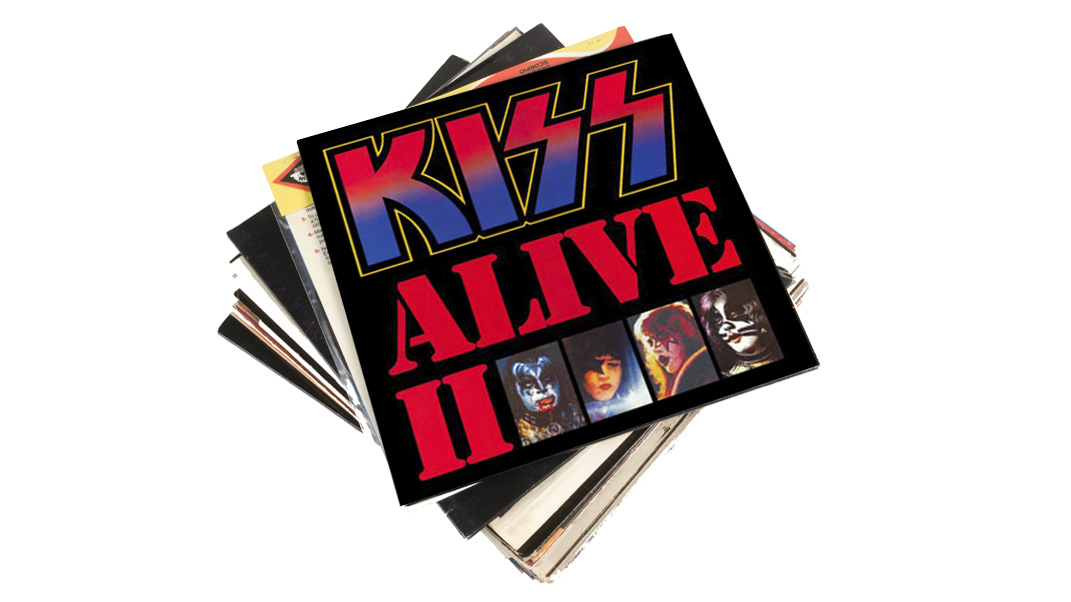
1. KISS - Alive II (1977)
“If I remember correctly, I bought the second KISS Alive before I got the first. They are a very important band for me - and actually the first rock group I saw. I think I must have been about 10 years old when I asked my mother to take me to their concert.
“Before that point, I was only listening to classical music. KISS were the band that brought me into the rock world! It was my entrance to all of this kind of music…”
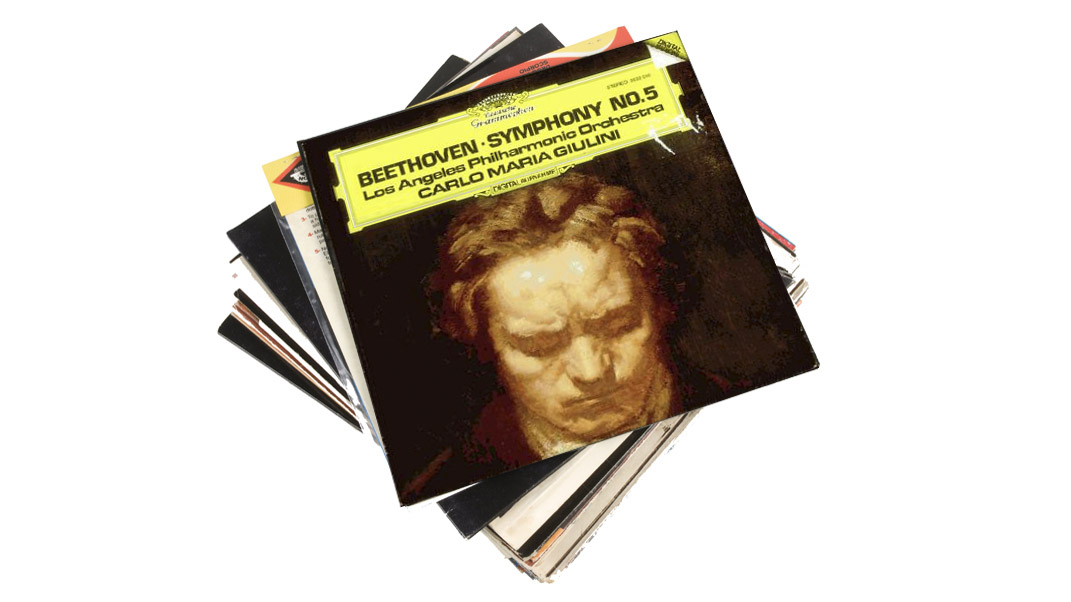
2. Beethoven - Symphony No. 5 (1808)
“Before I discovered KISS, I was listening to a lot of Beethoven. I had his Fifth Symphony on vinyl when I was studying and practicing classical styles… the music just hit me!
“On the B-side of the vinyl, there was Schubert’s Symphony No. 8 in B minor, which is called the Unfinished Symphony, and that was also very important to me. Both recordings helped shape my love for classical harmony.”
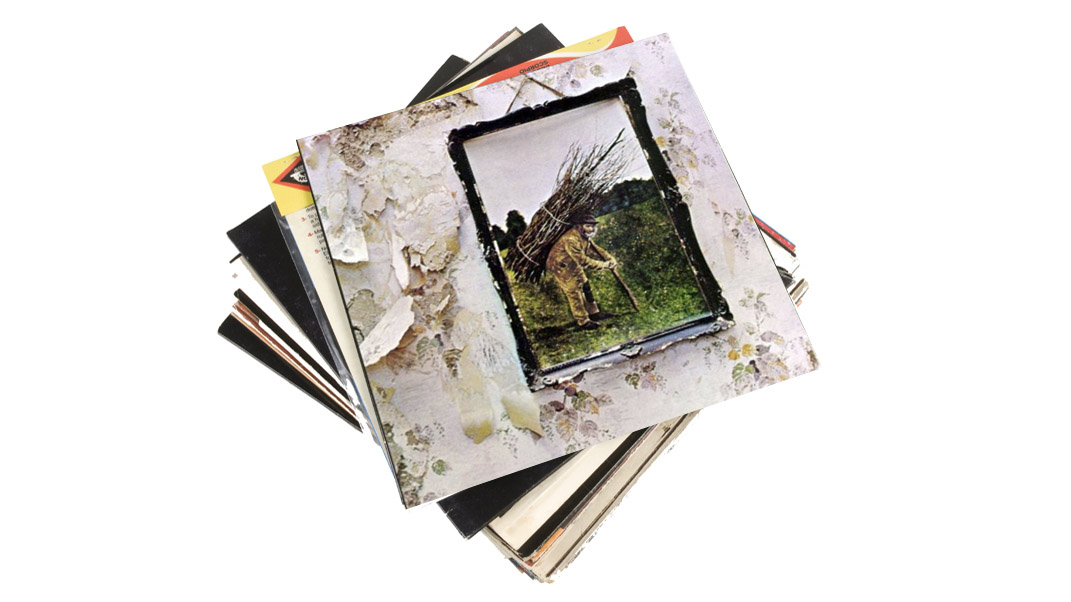
3. Led Zeppelin - IV (1971)
“When I discovered Stairway To Heaven, I couldn’t believe just how much depth they brought to rock music. The keyboard parts by John Paul Jones are really important to that song.
“I like Rock And Roll; it might seem very straightforward, but it’s played amazingly. I love Led Zeppelin for John Bonham’s drumming, too – like on the song When The Levee Breaks – I take a lot of influence from that kind of sound. He sounds massive!”
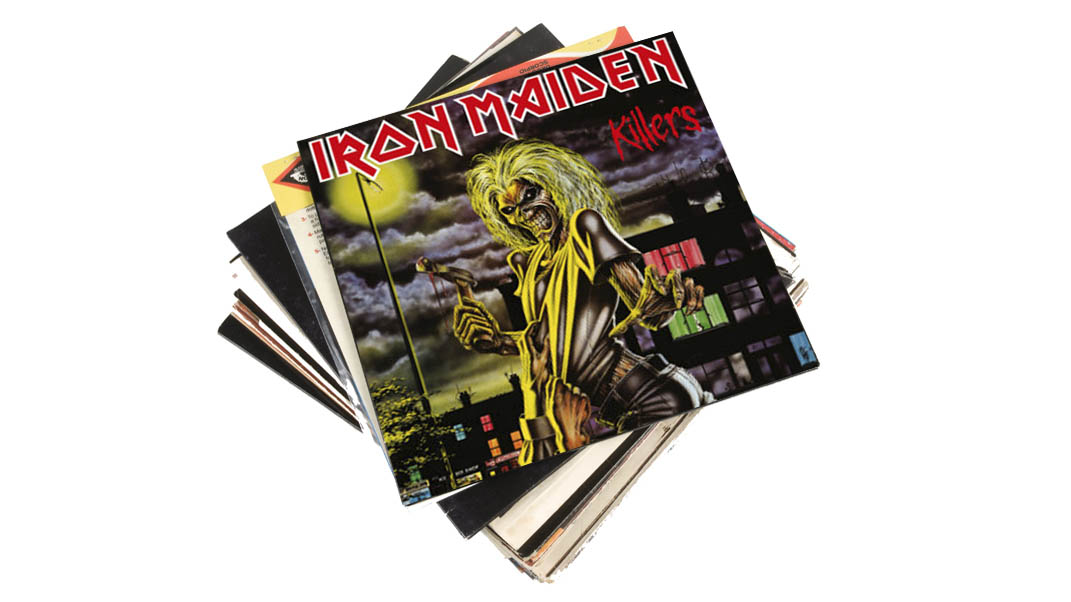
4. Iron Maiden - Killers (1981)
“My introduction to Iron Maiden came on their second album. After that, I bought the debut self-titled record and then the first Bruce Dickinson-sung album, Number Of The Beast.
“Instantly, I was really drawn to the pulse of Steve Harris’s bass guitar – that amazing gallop rhythm. And actually, me and my friends used to cover a lot of their early songs like Prowler and Run To The Hills while we were growing up!”
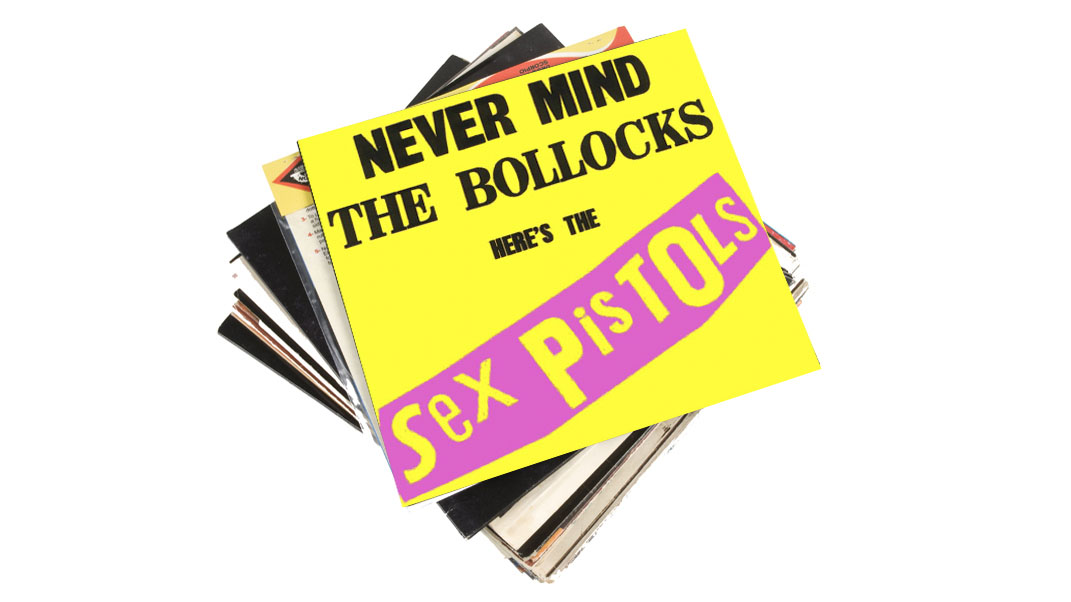
5. Sex Pistols - Never Mind The Bollocks Here's The Sex Pistols (1977)
“I organised a festival several months ago called Visual Japan Summit. It was a fairly big event - it had something like 50 bands appearing there over the course of a few days.
“At the end of the show, all the groups came together and played to about 30,000 people every day. We played two songs from this album: Anarchy In The UK and also God Save The Queen… they went down great!”
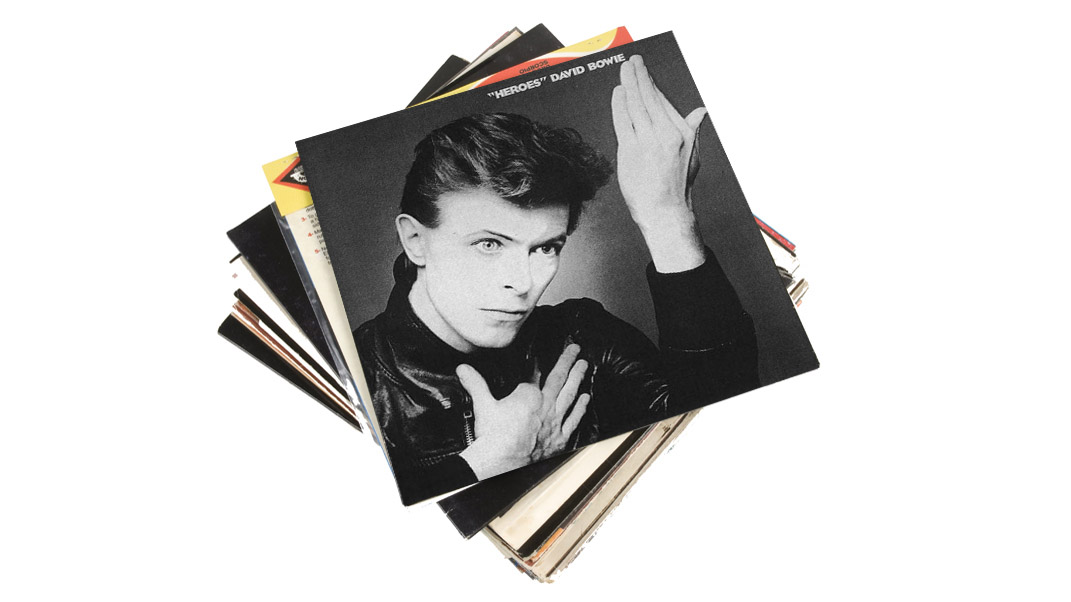
6. David Bowie - Heroes (1977)
“The title track in particular is very special to me. This was one of the Brian Eno-era albums, and you can tell because it just sounds great. X Japan have been influenced by David Bowie a lot over the years…
“Especially in our early stages, I think we were a bit of punk rock meets heavy metal and some New Wave, too. In fact, it was a lot of the British bands influencing our sound and style.”
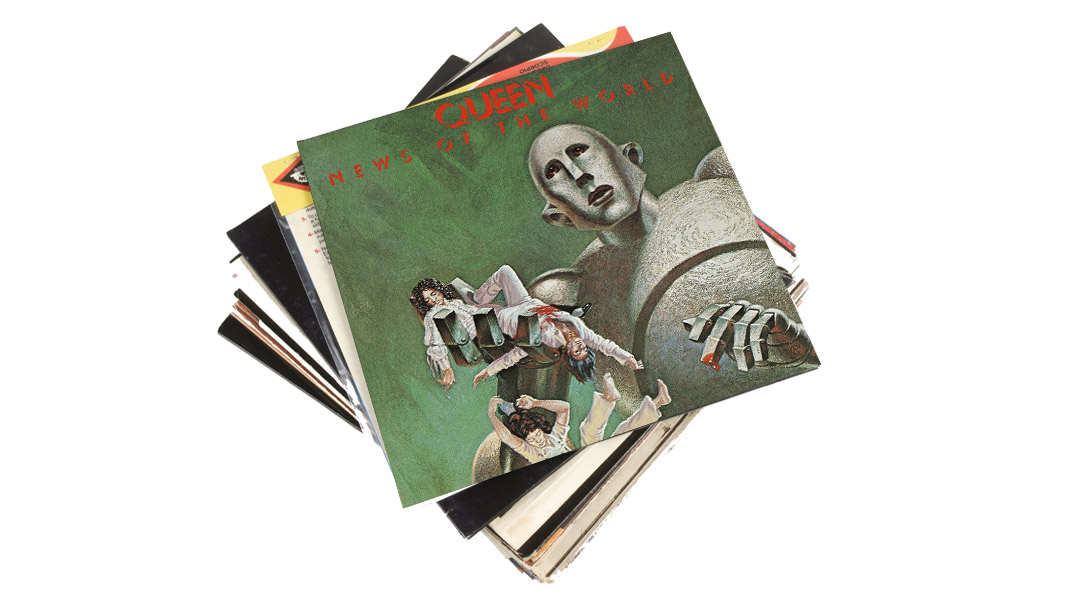
7. Queen - News Of The World (1977)
“This is a classic – with one of my favourite songs, We Are The Champions, on it. Obviously, coming from a classical background, Queen had so much I could relate to in their music. I actually played a little bit of Bohemian Rhapsody at our Wembley Arena show!
“Which reminds me – a little over a year ago, I ended up playing that song in front of Brian May. The producer I was working with heard me rehearsing it and almost dared me to play it in front of him the following night. I didn’t want it to be insulting, and [luckily] when I did, Brian came over saying he thought it was amazing!”
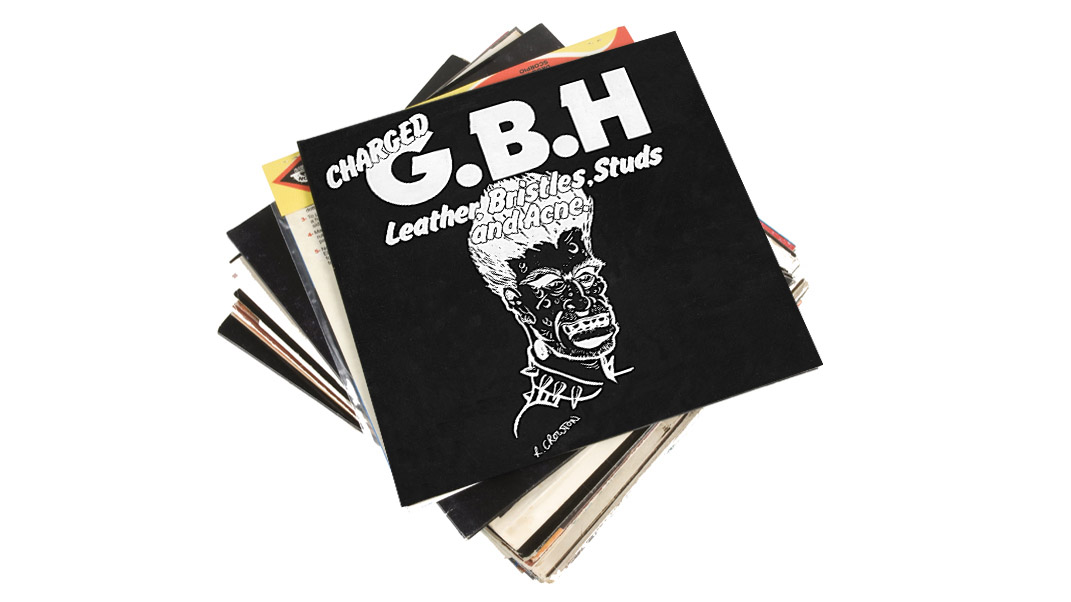
8. GBH - Leather, Bristles, Studs And Acne (1981)
“I was really into punk rock at one stage and GBH were possibly my favourites of them all. I couldn’t stop listening to this kind of music back when we were rebelling against everything... even ourselves [laughs]!
“I think that punk-rock mentality came from bands like this. Back then in Japan, it was either punk or hard rock, and we were categorised as punk, so the hard rock fans didn’t really like us. All the groups we played with were pretty much punk bands.”
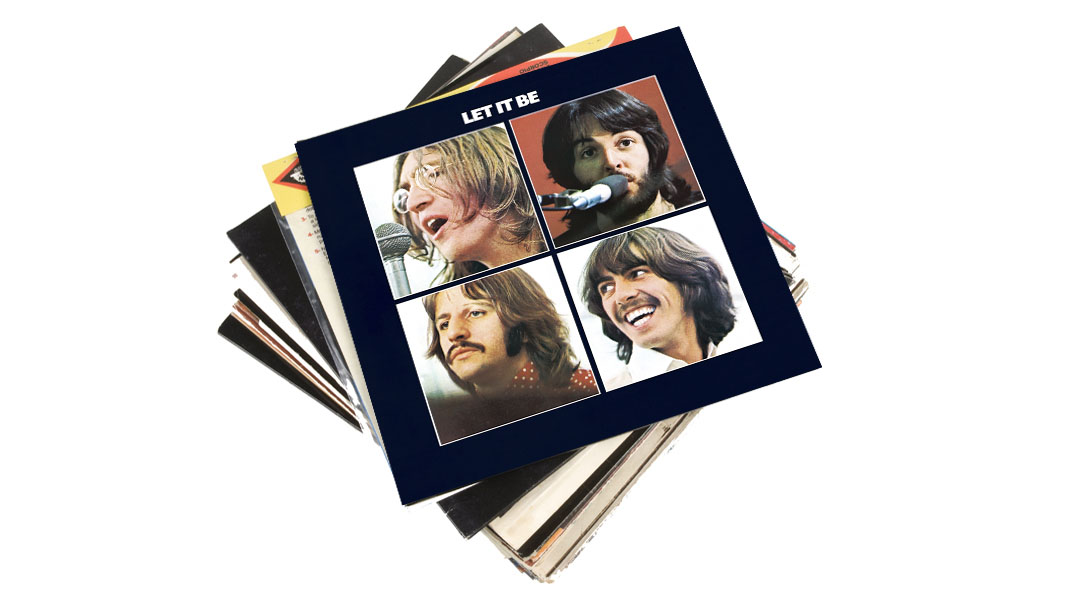
9. The Beatles - Let It Be (1970)
“I think John Lennon’s compositions were amazing, as I do Paul McCartney’s.
“Just recently, I was at a friend’s birthday and it turns out Paul McCartney was there, as well as Bono from U2 and several other people.
“I had to play some music to get the party started… it was terrifying. Performing in front of a legend like Paul McCartney really freaked me out!”
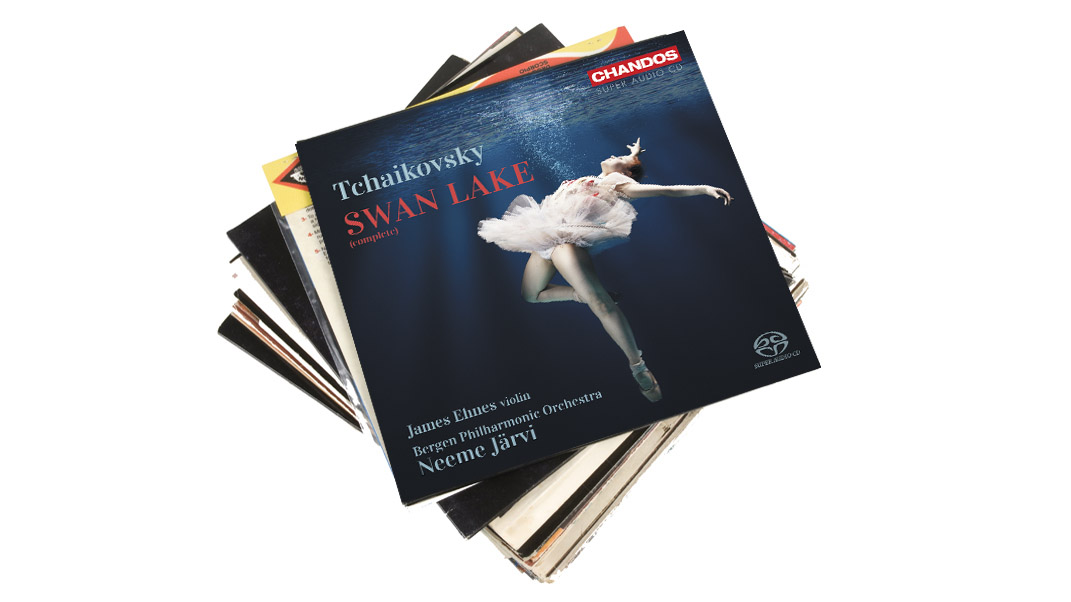
10. Tchaikovsky - Swan Lake (1876)
“I’m gonna have to pick another one of my classical heroes… Tchaikovsky! I actually play Swan Lake on piano quite a lot. He was one of the composers from an era where there was a change from the old style to the new style…
“But he kept some of the orthodox melodic approaches. I really respect the music he wrote and learned from it. He was pretty much one of the last from that great period, I’d say…”
Don't Miss
Amit has been writing for titles like Total Guitar, MusicRadar and Guitar World for over a decade and counts Richie Kotzen, Guthrie Govan and Jeff Beck among his primary influences. He's interviewed everyone from Ozzy Osbourne and Lemmy to Slash and Jimmy Page, and once even traded solos with a member of Slayer on a track released internationally. As a session guitarist, he's played alongside members of Judas Priest and Uriah Heep in London ensemble Metalworks, as well as handling lead guitars for legends like Glen Matlock (Sex Pistols, The Faces) and Stu Hamm (Steve Vai, Joe Satriani, G3).
